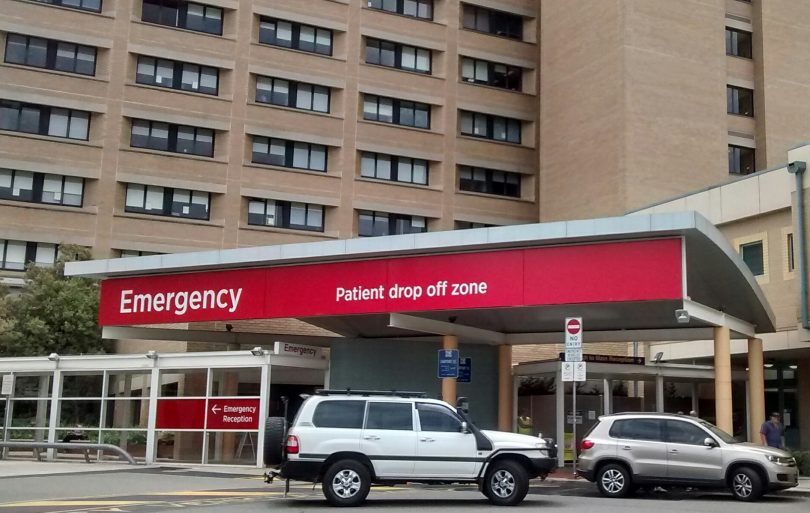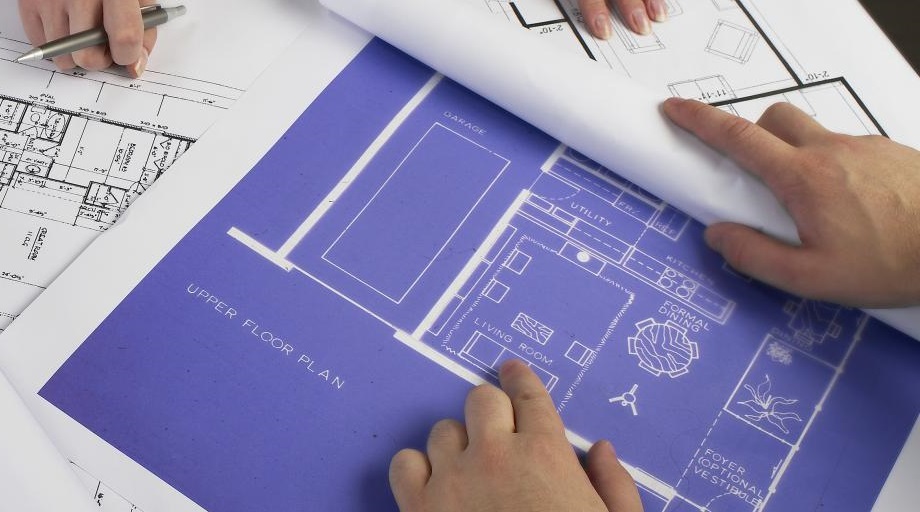
Canberra emergency waiting times remain the worst in the country according to the latest figures. File photo.
Despite years of effort directed at trying to solve the problem, Emergency Department waiting times in Canberra remain the worst in the country, according to the latest figures. Elective surgery waiting lists are also poor on a national basis, with many patients waiting more than a year.
According to the Australian Institute for Health and Welfare, 72 per cent of people nationally presenting to emergency departments were seen ‘on time’ for their urgency (triage) category for the year until June. But this varied substantially, ranging from 80 per cent of patients seen ‘on time’ in New South Wales to just 49 per cent in the ACT.
The figures come on the back of years of problems with emergency waiting times, dating back a decade or more. In recent times, ACT Health’s newly-appointed director general departed the role just three days after it was publicly announced and before a major restructuring, and the Canberra Hospital failed to meet multiple accreditation criteria in March.
Speaking on ABC Radio this morning, health minister Meegan Fitzharris acknowledged that the emergency waiting times were unacceptable, but said that the new Canberra Health Service model is only two months old and that “you can’t change everything overnight”. The government had invested in elective surgery outcomes, supporting GPs and active planning for two new walk-in centres in Weston Creek and the Inner North.
But University of Canberra academic and health policy specialist Professor Laurie Brown said that while the quality of ACT healthcare is good, “it seems like the Health Directorate itself is highly dysfunctional. I’m not talking about individual leaders but overall there’s been a number of issues over a number of years.
“So who is doing their job in arguing for the necessary resources, and why haven’t greater resources been provided as a result? The emergency waiting times are an indication of broader policy failure that’s ongoing. The issues are well known, there’s nothing new about any of this.”
Professor Brown says that Canberra’s rapid population growth is not an excuse for a failure in resourcing. “The reality is that Health, alongside all the other areas of government, will have detailed population forecasts. They have a fairly good idea of what the population growth will be for the next five to ten years and they can engineer scenarios. I can’t see what’s unexpected.”
Professor Brown agrees that the walk-in centres have been a success and that they’re a health care model that’s worth pursuing. But she wonders whether there’s still opposition in the community to using the centres as the first point of contact.
“If you need out-of-hours primary care, where do you go? Most Canberrans would struggle to think of a GP they could go to for an emergency. Yes, you could choose the walk-in clinic but for many people, your immediate thought is that you need a doctor and that you’ll only find one of them at the hospital,” she said.
Professor Brown believes that we don’t need a new hospital, but better use of the facilities that we have. “You could easily improve some of the bottlenecks by providing greater resources. You could open more operating theatres, get more surgeons or practitioners, nursing staff and then start cutting down some of the long waiting lists. It’s really a question of economics: where should the ACT budget be spent?
“If you think about it, this is not a short-term problem. This has been on agenda for many years, so there’s an ongoing problem. Given that situation, why are there still such major difficulties? Where is the political and organisational failure to address these issues?”
Why do you think it’s so hard to sort out Canberra’s emergency department waiting times?
Original Article published by Genevieve Jacobs on the RiotACT.






